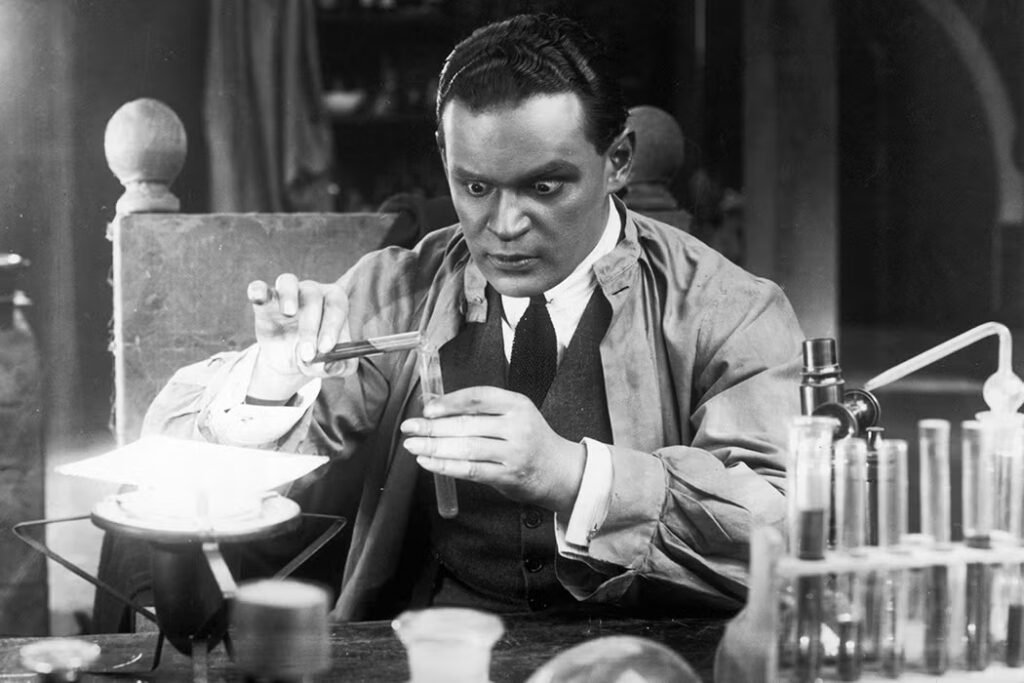Why You Should Be Using Creatine

As a supplement, Creatine is one of the most popular and widely used ergogenic (intended to enhance physical performance, stamina, or recovery) nutritional aids on the market. But why? Do we actually know the reasons and benefits of taking it? To answer that question, let’s look at the reasons for why people don’t or won’t take it.
Most people will tell you that they won’t take Creatine because they are afraid of bulking up. They don’t want to take something that, in their mind, is the same as taking anabolic steroids. This myth likely originated from a combination of factors, including the supposed similarity of their effects, the confusion caused by some athletes’ inaccurate claims, and the historical association of creatine with the steroid abuse era in sports.
So, how do we parse facts from fiction? By giving a simplistic breakdown of what Creatine ACTUALLY does inside of the body. First, let’s talk about the rate-limit or the bottleneck that exists with regard to the finite amount of available energy within a cell. Creatine sets that limit. Meaning, we only have a certain amount of Phosphocreatine, the chemical that shuttles phosphates to transform Adenosine Diphosphate (ADP) into Adenosine Triphosphate (ATP). Think of ATP as the gas that fuels our cells.
Phosphocreatine, during the process of giving its phosphate to ADP to make ATP, “uses up” its Creatine component (it doesn’t really, it’s just that that specific Creatine isn’t readily available). To solve this dilemma, scientists figured out that you can “flood” your cells with supplemental Creatine, giving you more energy so that you can last longer.
While I know that this is an incredibly simplified version of the story (calm down Sport Scientists), in a nutshell, this is why we take Creatine as a supplement. It doesn’t directly make your muscles bigger. I just gives you the energy to crush it harder and for longer in the gym. Because of this, it gets a bad rap.
It also gets a bad rap due to the claims that Creatine causes water retention. And yes, using Creatine can lead to some initial weight gain, but this is from muscle cells pulling water into them to support energy production. Over the longer term, research suggests that creatine won’t significantly alter your total body water beyond what you would expect when you increase your muscle mass.
I sincerely hope that all of this clears up some of the misconceptions that exist about Creatine. Because Creatine can be good for you. I use it. Daily. Every morning. Why? Because I want that ENERGY! That’s why! CREATINE!!! Enjoy!
Michael Sahno, MS APK, TSAC-F






Responses